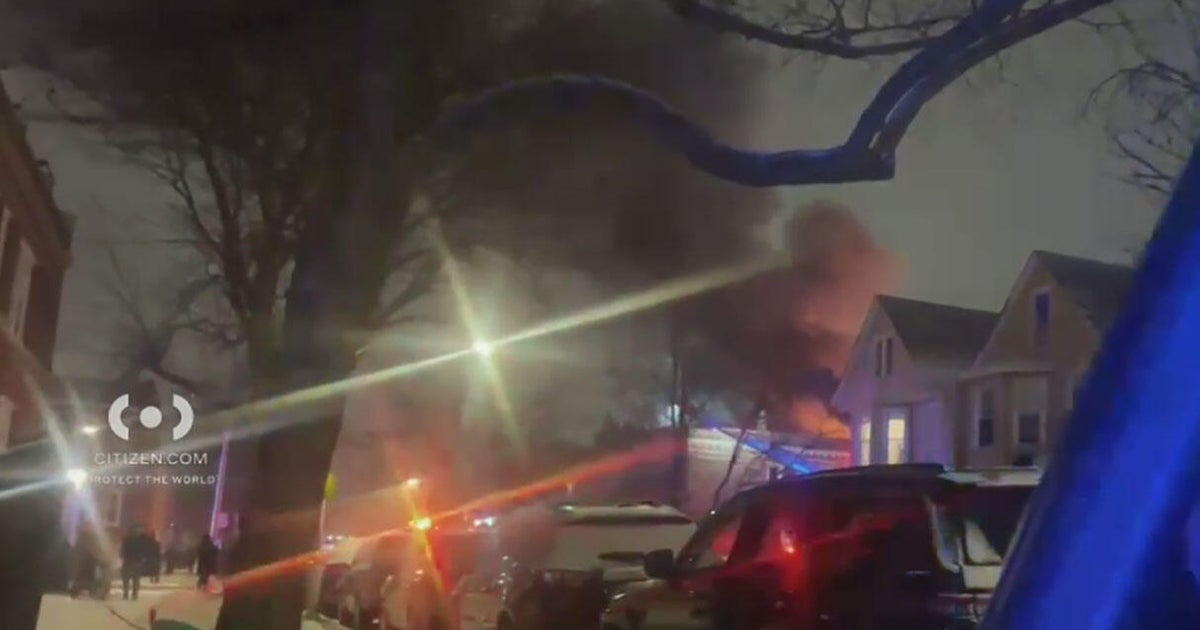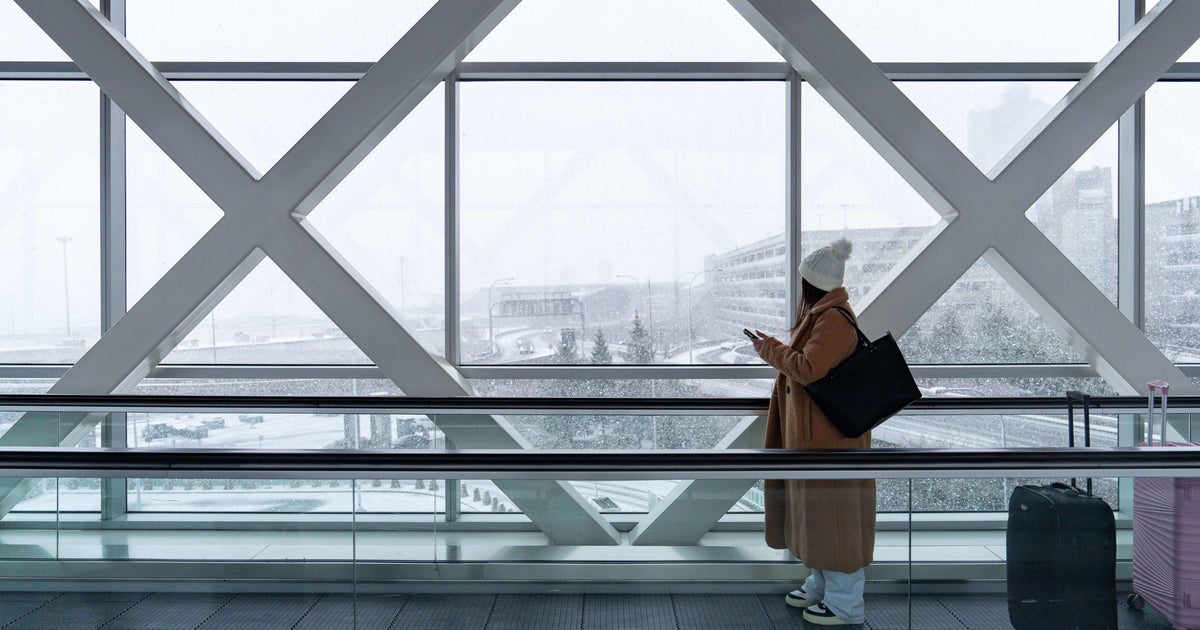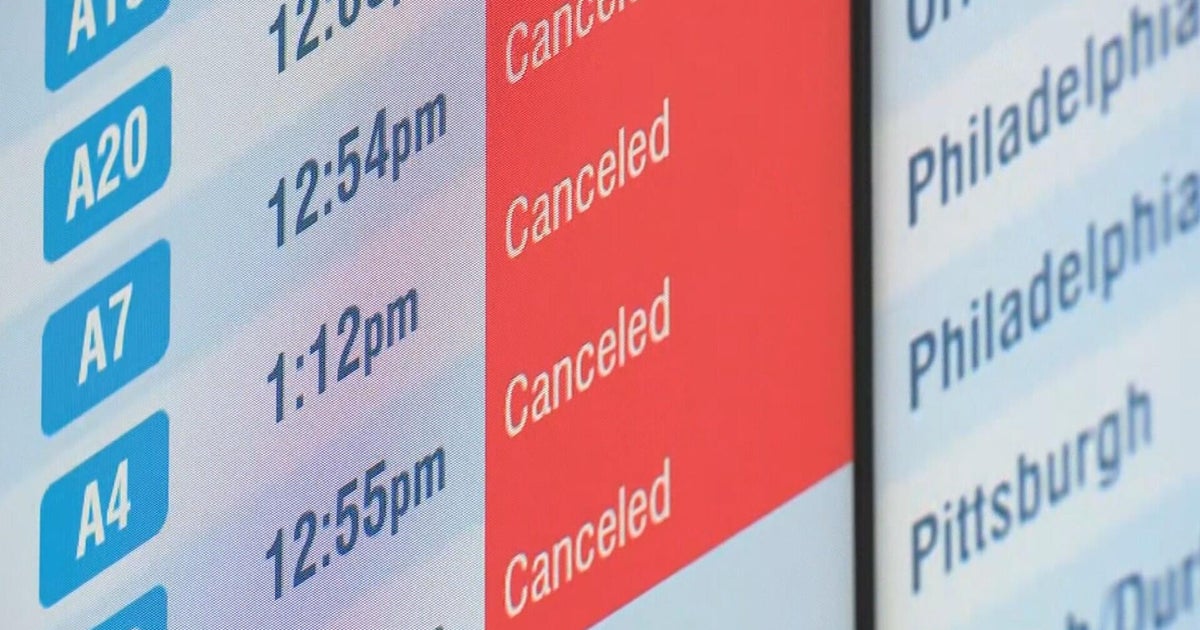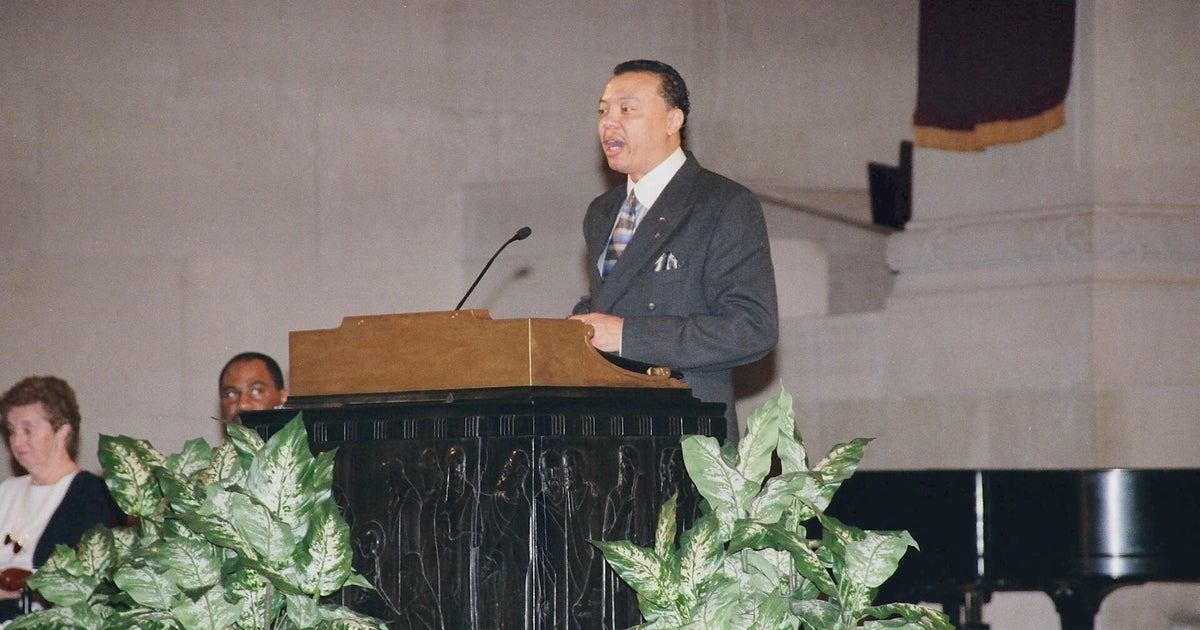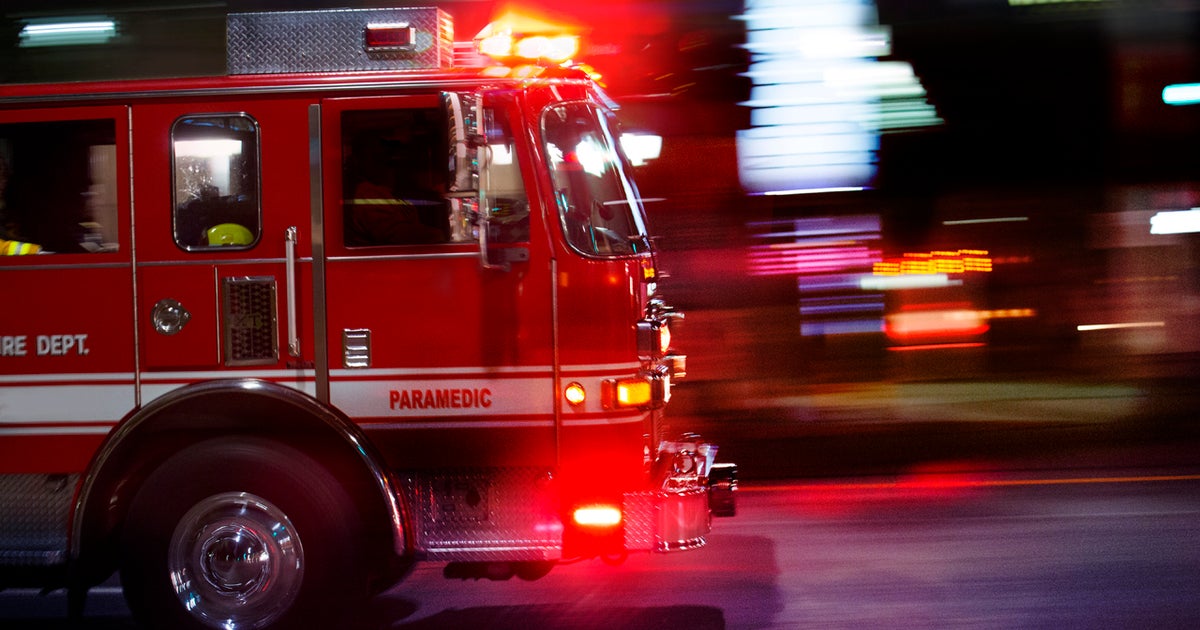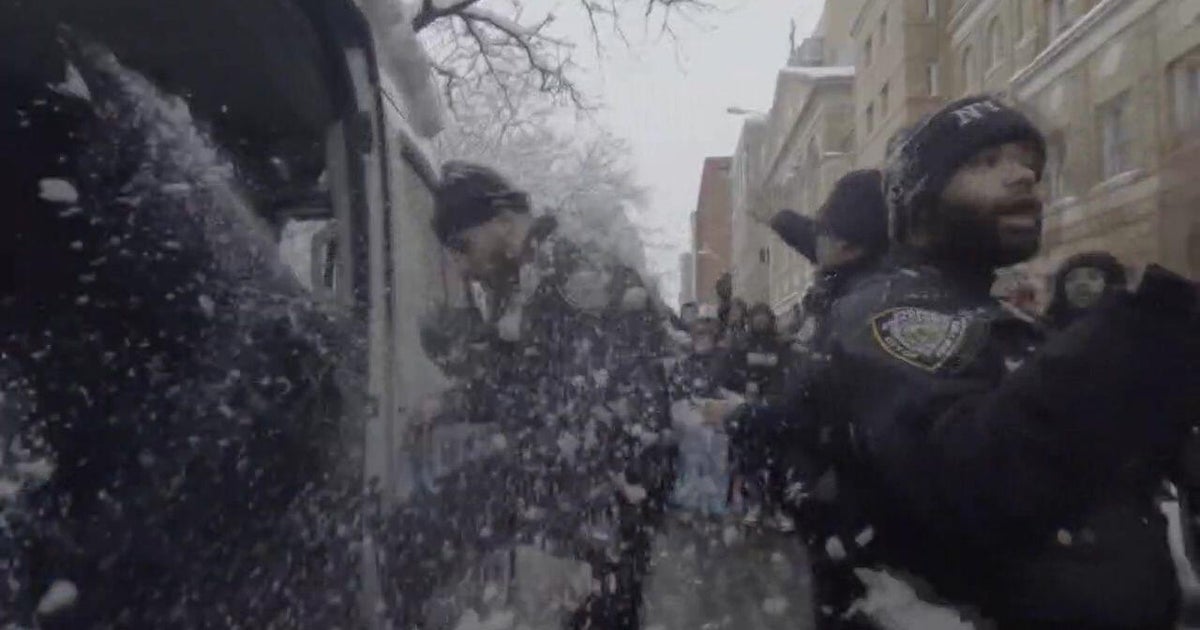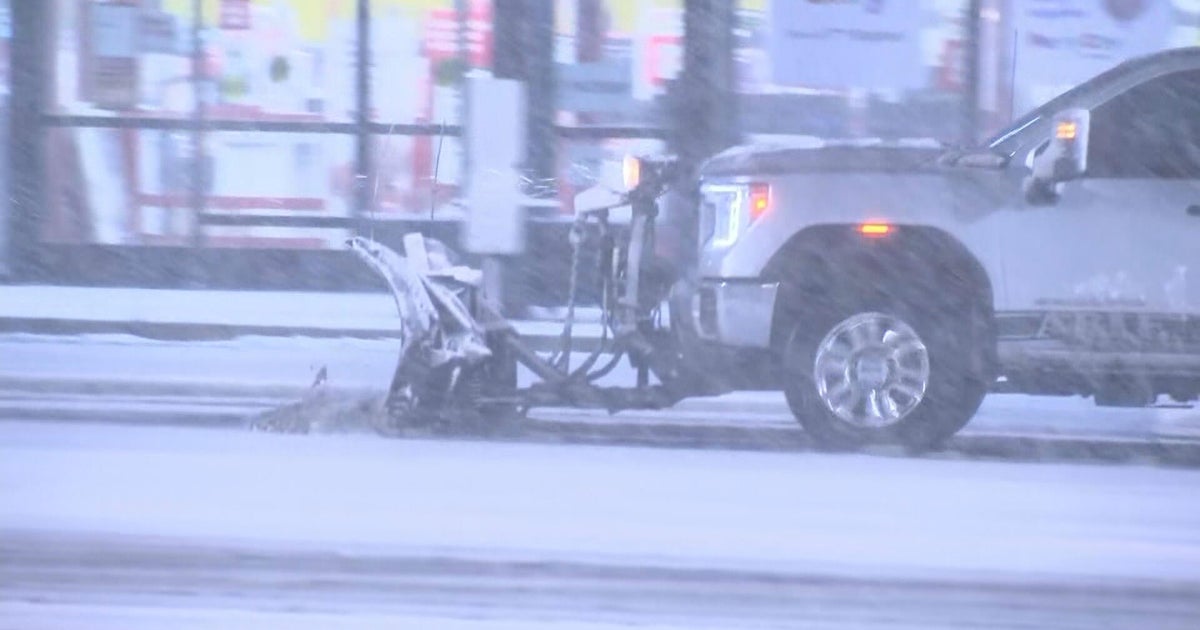A Guide To Philadelphia's 'Squares'
It's easy to take Philadelphia's squares for granted -- but their presence, and persistence, is a monument to the genius of William Penn's design for a "green country town."
Squares 1:The names of Philadelphia's squares -- Rittenhouse, Washington, Logan and Franklin -- are well-known. How they got them is not.
Listen to the podcast...
Philadelphia's street layout didn't happen by accident. William Penn's surveyor Thomas Holme drew up a grid pattern to allow for easy travel, and to keep houses separated by orchards and green spaces, in large part to prevent the spread of fire. But the best-laid plans of William Penn couldn't stop subdivision and the rise of the rowhouse. Some key elements have survived -- like the city's squares.
For more than a century they were known by their original, mundane names: Southeast, Northeast, Southwest, Northwest, and Center. Philadelphia History Museum historian Cindy Little says that changed in 1824, when the return of General Lafayette spurred a wave of patriotic fervor, and the squares got new names. Washington and Franklin need no introduction, but the other two might:
"James Logan, who was William Penn's representative in Pennsylvania when Penn returned to England, and also the head of the Supreme Courts at that time, a very influential person; and David Rittenhouse, who was a very prominent clockmaker and astronomer, and man-about-town involved in all sorts of civic activities. So you can see that choosing to give the squares a name really was a way to bring our history more forward."
Center Square, now taken up by the 800-pound architectural gorilla known as City Hall, appears to have kept its maiden name.
Squares 2: Philadelphia's squares were designed to be welcoming havens -- but in the past, some of them were downright seedy.
Listen to the podcast...
Philadelphia's squares weren't always the welcoming green spaces we see today. Although Rittenhouse Square seems to have survived the centuries with its dignity intact, the others weren't so lucky. Philadelphia History Museum historian Cindy Little:
"They were often used for running your animals. Many were used for burying strangers or poor people -- they were called potter's fields."
Revolutionary war dead and yellow fever victims were buried in Washington Square. But its early history wasn't completely joyless -- the city's black community flocked to what was called Congo Square on holidays to picnic, sing, dance, and celebrate their heritage and the lives of those sleeping below.
A respectable neighborhood grew up around Northeast Square -- later renamed for Ben Franklin. Part of it was used as a cemetery for the local German reformed church. But Little says that changed as residents moved north and industry moved in:
"That section becomes referred to as the tenderloin district. It becomes the forgotten square."
Center Square was used as a race course before the Revolution, when it became a campground for French troops and later, General Anthony Wayne. The city's first waterworks was built there -- a rather dignified use of public space. Little says the same can't be said for Northwest, later Logan, Square:
"Up until about 1823 that is where the public gallows was erected. And so if you wanted to go to a public hanging, you would go up to that area."
The last hanging, carried out in 1823, drew a huge crowd that left the square's trees and fences in sorry shape.
Squares 3: Philadelphia's squares came into their own in the 20th century -- with one notable exception.
Listen to the podcast...
The squares we know today are a far cry from their modest origins.
Washington Square's transformation started in 1815; the 1957 Tomb of the Unknown Soldier bears, among others, the words, "Freedom is a light for which many men have died in darkness".
In 1901, Center Square disappeared under the weight of City hall -- which had taken 30 years to build.
The Rittenhouse Square we recognize today dates to 1913. The Philadelphia History Museum's Cindy Little says it, and Logan Square, owe their layout to a non-native source:
"It's the French influence."
Paul Phillippe Cret, a French-born architect, designed Rittenhouse Square's current plan, featuring diagonal walkways meeting at an oval in the center. Cret also contributed to an even bigger transformation: the Ben Franklin Parkway.
Starting in the 19th century, there was interest in trying to link Center City with Fairmount Park. Little says it took on greater urgency with the arrival and rise of the automobile:
"In the early 20th century, there were many ambitious plans afoot which resulted in the building of the Benjamin Franklin Parkway, which opened in the 1920s. And the planners were using French models of the Grand Boulevard, the circles -- and I think it was also a way to break up the angularity of the original Penn plan. And so having a traffic circle was, in some way perhaps, easier to get that traffic flow going ."
The square-turned-circle is anchored by the monumental Swann Fountain, its central native American figures representing the city's major streams -- the Wissahickon, the Schuylkill and the Delaware.
Franklin Square had the most recent makeover in 2006 with the restoration of its 19th century fountain, and the addition of a miniature golf course, a burger stand, and a carousel recalling the city's days as the world's carousel-making capital.
Reported By Molly Daly
